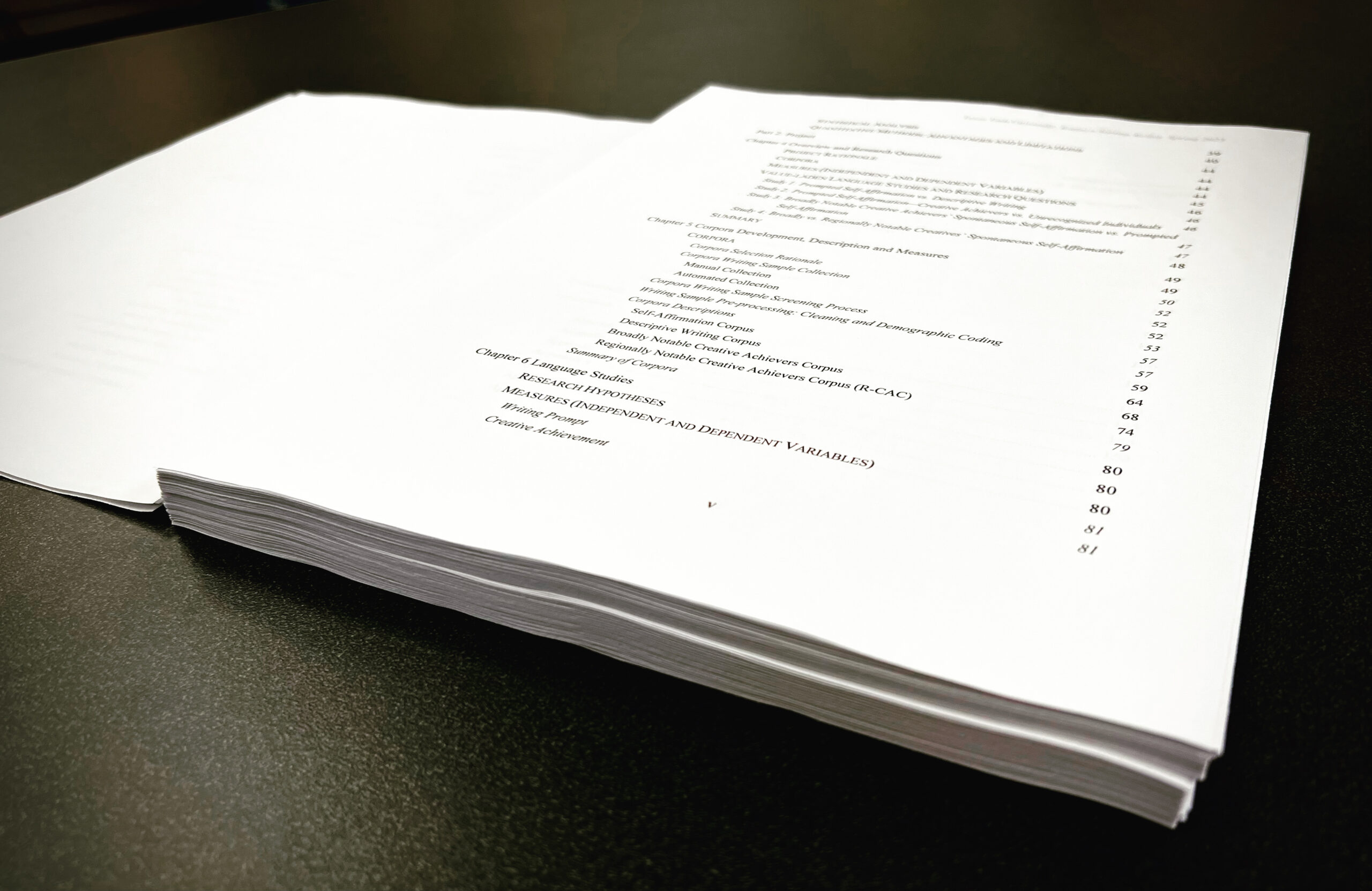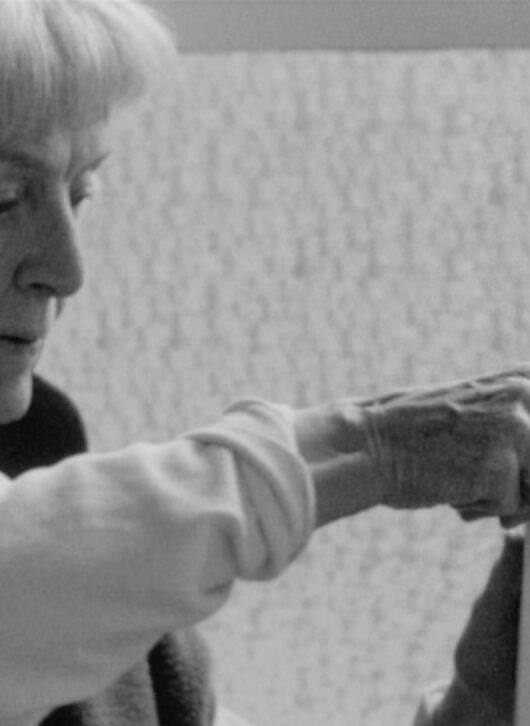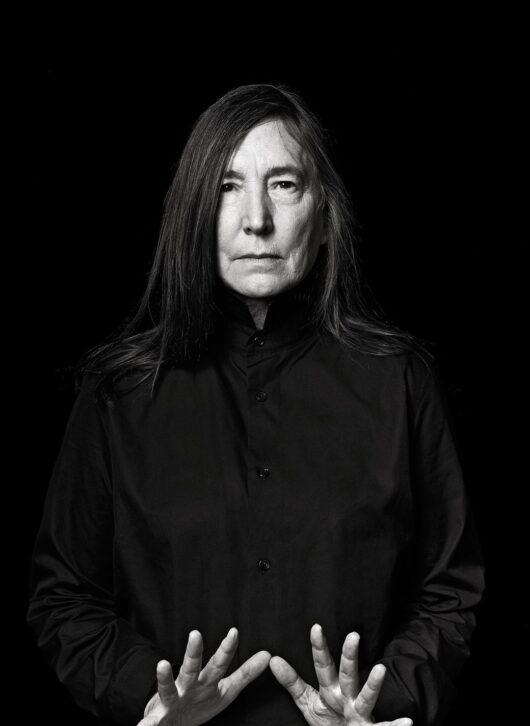[performative utterance] + [prostituted prop] + [performative principles] = art as research [SITE}
A long time ago I got in the habit, never since broken, of writing down things instead of talking. It is possible that I was lead into art making because talking and being in the presence of another person were not requirements. — Robert Morris, 2013 [Lecture @ University of Chicago]
Robert Morris’ artistic praxis finds ground in art as research. In this vein, his substantial body of work exhibits a thoughtful exploration of the art object as performative, the viewer’s position as interventional, and the thought theme, agency, called into question. It seems a logical intent to unpack how these explorations of the performative, intervention, and agency via his use of substitution, imitation and exchange are evident in his performance, Site (1964). Additionally, his praxis and resultant works fluidly cross genre boundaries between sculpture, performance, dance, text, criticism, and art history in a way that disrupts the regulatory fiction of disciplinary coherence.
I am not yet ready to throw down the gauntlet of a definitive argument, but the above paragraph is the direction I am heading. Though if I must throw down a specific gauntlet, it will be that Robert Morris’ artistic praxis and resultant works fluidly cross genre boundaries between sculpture, performance, dance, text, criticism, and art history in a way that disrupts the regulatory fiction of disciplinary coherence. Of course, I totally stole this and repurposed it from Judith Butler’s constitutive notion of gender coherence. I have simply overlaid it relative to disciplinary coherence. Perhaps this makes Robert Morris’ praxis less inter-disciplinary and more transGENRE*. Ha. I will have to reread Butler [Performative Acts and Gender Constitution: An Essay in Phenomenology and Feminist Theory] to see if it is a fit. Could be an interesting part of the argument, since Greenbergian Modernism is so freaking patriarchal, isolates the genre’s as uniquely discrete, and Morris pushed up against this in his praxis and essays.
A sane mind should not be guilty of a logical fallacy. — Henri Poincare, 1902
The abolition of logic, the dance of the impotents of creation! — Dada Manifesto, 1918
Illogical judgments lead to new experience. — Sol LeWitt, 1969
*Abstract Appendix
TRANSGENRE
[stolen from Wikipedia and shoved through the notions of Judith Butler | italics denote my word substitutions]
- Of, relating to, or designating a practice whose identity does not conform unambiguously to conventional notions of genre disciplinarity, but combines or moves between these.
- Practices who were assigned a disciplinary genre, usually at birth and based on their physiological neural activation, but who feel that this is a false or incomplete description of themselves.
- Non-identification with, or non-presentation as, the genre (and assumed genre) one was assigned at birth.
- A transgenre practices may have characteristics that are normally associated with a particular discipline and identify elsewhere on the traditional genre continuum, or exist outside of it as other, agenre, genre neutral, genre ueer, non-binary, third genre etc. Transgenre practices may also identify as bigenre, pangenre, or along several places on either the traditional transgenre continuum or the more encompassing continuums that have been developed in response to recent, significantly more detailed studies. Furthermore, many transgenre practices experience a period of identity development that includes better understanding one’s self-image, self-reflection, and self-expression. More specifically, the degree to which individuals feel genuine, authentic, and comfortable within their external appearance and accept their genuine identity is referred to as transgenre congruence.
Footnotes later…assume ideas are being borrowed and mashed together.
0













